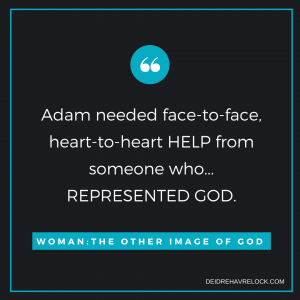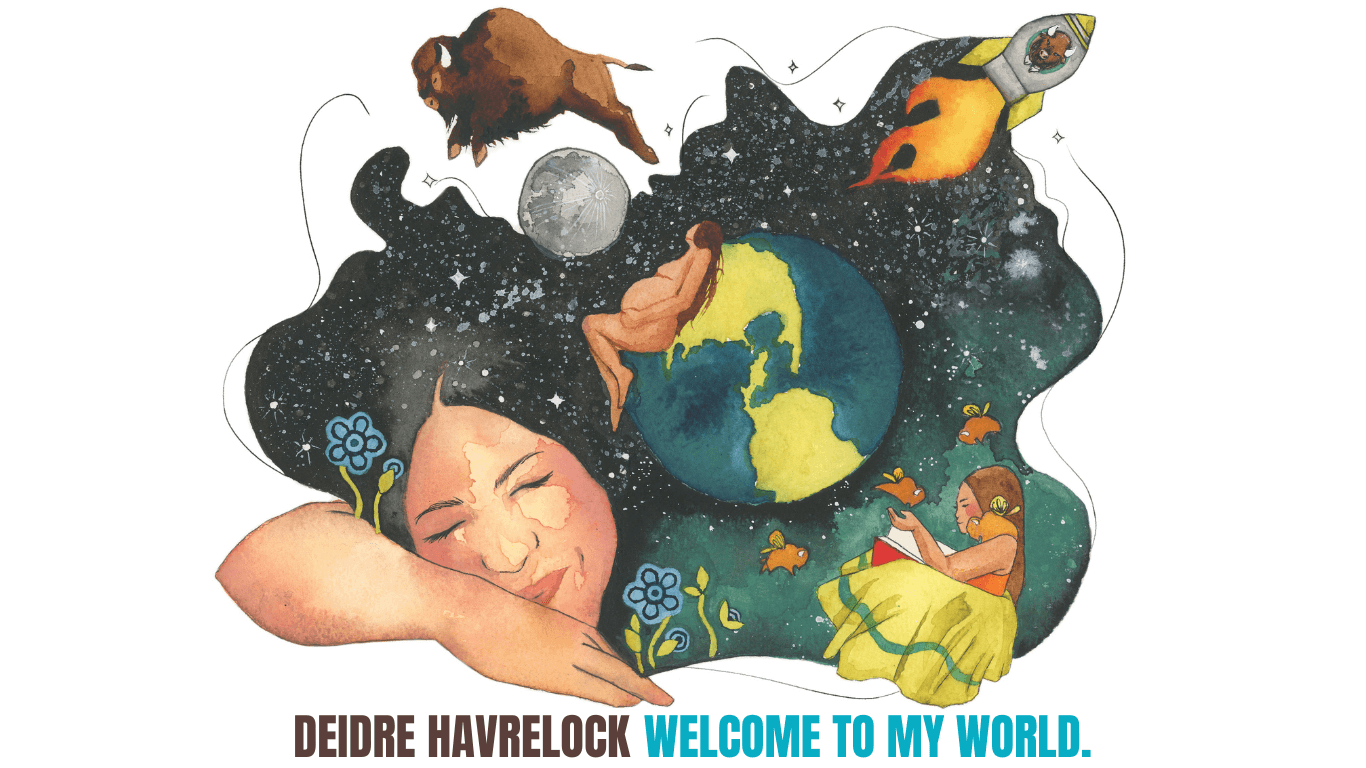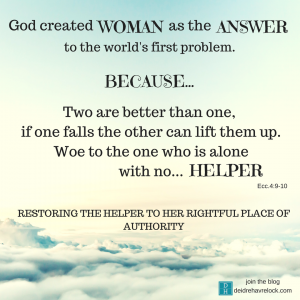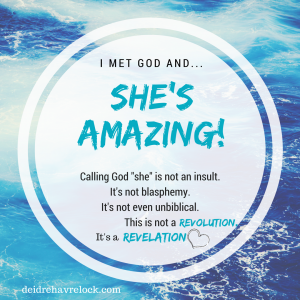Why did God describe Eve as the “helper” in Genesis 2:18? What does the term helper really mean? Why did Adam need help? And why did God say Adam was “alone” if God was there in the garden with him? Did Adam need an assistant because he was lonely… or did Adam need life-saving help from someone who represented God?
Foundational Teachings
- Eve was God’s answer to the world’s first crisis: Adam is “ALONE” meaning, Adam’s heart was separating from God.
- Eve was created to be Adam’s counterpart, meaning she is similar to Adam in that she also represents God on earth.
- Being a “helper” (Ezer) is a revelation of God — Eliezer (el-ezer) the “God of Help.”
- The name Ezrâh is God-saving “help” in the feminine.
Then the LORD God said, “It is not good that the man should be alone; I will make him a helper as his partner.” –Gen. 2:18 (NRSV)
Why Was it Not Good that the Man Should be Alone?
The fact that Adam is alone in the garden should alarm us. After all, Adam is not actually alone–God is present with him. So what exactly is going on with Adam? And why is God adamant that a problem exists: “It is bad that Adam is alone.”
The word “alone” (bad in Hebrew–no pun intended) doesn’t at all suggest loneliness nor does it mean simply “singular.” It surprisingly means “in separation” or “moving apart.” It is as though something inside Adam has splintered, creating a separation between him and his God. God’s answer to this bad situation is, “I will make him a helper comparable to him.”
Eve was the answer to the world’s first crisis. The problem being, something was changing direction inside Adam’s heart. God knew Adam’s heart was in danger and through the revelation of Eve, God was letting humanity know that relationship was our saving grace.

Two are better than one, because they have a good reward for their toil. For if they fall, one will lift up the other; but woe to one who is alone and falls and does not have another to help. —Ecclesiastes 4:9–10 (NRSV)
When Eve appeared, the helper, designed by the hand of God, completing God’s enigmatic image, suddenly now God changed His mind about things being bad:
Then God saw everything that He had made, and indeed it was very good. –Gen. 1:31 (NKJV)
How could life not be very good now? After all, Eve — Adam’s official counterpart — was here.
Eve was Created to be Adam’s Counterpart
Traditionally, when we think of the word “helper” we imagine a magician’s assistant — a beautiful woman who stands at the side of the main attraction in order to “help” him fulfill his duties.
However, the verse that best describes what is going on in Genesis is this one taken from Young’s Literal Translation: “And Jehovah God saith, ‘Not good for the man to be alone, I do make to him an helper—as his counterpart’” (Gen. 2:18).
The word counterpart means able to stand face-to-face, holding the same designation. As in standing opposite your equal. Eve is the one who is like Adam and is, therefore, able to stand opposite him—she is able to look Adam in the eye in a face-to-face relationship because just like Adam, she too represents God.
Being in a face-to-face relationship invokes intimacy, communication, transparency, and mutual submission. I know because this is the type of relationship I have with my husband and close friends. Not surprisingly, this is the exact kind of relationship God wants with us. When we are not in a face-to-face relationship, it looks much like Moses’ early relationship with God:
[God said to Moses], “I am the God of your father, the God of Abraham, the God of Isaac, and the God of Jacob.” And Moses hid his face, for he was afraid to look at God. –Ex. 3:6 (NRSV)
However, Moses’ fear-based relationship with God eventually matured, until finally it took a significant turn. Moses began to look God in the eye. Gone were the days of fear; Moses had advanced in love: “There is no fear in love, but perfect love casts out fear; for fear has to do with punishment, and whoever fears has not reached perfection in love” (1 Jn. 4:18, NRSV). Therefore, as the relationship between God and Moses grew things changed for the better:
Thus the Lord used to speak to Moses face to face, as one speaks to a friend. –Ex. 33:11 (NRSV)
Moses moved from a fear-based relationship to a face-to-face, love-based relationship. And it is this type of relationship that God created Adam and Eve for.
Eve is a revelation of Eliezer the “God of Help”
Now the word helper (ezer) is even more revealing. It means exactly what it says, helper. Misunderstanding over the term (ezer) comes from our inability to fathom the type of help this word portrays. We often view Eve in smallish ways, as merely the assistant to Adam, the one who holds the tools while Adam does the work. But ezer has less to do with assisting someone than it does with truly coming to the help, the aid, and the rescue of a person. The word ezer is used to denote God-saving help!
God is our refuge and strength, a very present help in trouble. –Ps. 46:1 (NRSV)
Hope in God; for I shall again praise him, my help and my God. –Ps. 42:5–6 (NRSV)

[Moses named] the name of the other [son], Eliezer (for he said, “The God of my father was my help, and delivered me from the sword of Pharaoh”). –Ex. 18:4 (NRSV)
Eve is the “image and likeness” of the God who saved Moses from the sword of Pharaoh. Take a moment to let this sink in. Eve, was brought forth from the body of Adam to be a saving help to him in much the same way that God saved Moses from Pharaoh. Eve is a powerful revelation of the God of Help.
Ezrâh – The God of Help in the Feminine
Since Eve is the revelation of the God of Help, it’s not surprising that the word “helper” (ezer) is used throughout the Bible in its feminine form ezrâh in reference to God when She comes to humankind’s rescue:
But you, O Lord, do not be far away! O my help [protection in the feminine form], come quickly to my aid [ezrâh]! –Ps. 22:19 (NRSV)
God is our refuge and strength, a very present help [ezrâh] in trouble. –Ps. 46:1 (NRSV)
You may recognize the feminine word for help ezrâh since it is the name of a well-known priest and scribe in the Bible—Ezra. That’s right Ezra has a girl’s name, and he was no doubt proud of it.
Ultimately, God did not create Eve simply because Adam was lonely. God did not create Eve so she could assist Adam with his work. And Eve was not created to be under Adam’s authority. Our God is a revelational God; our God is in the saving business. Eve was created because God knew humankind had an enemy. God knew Adam would need some serious help. And what better person to come to the aid than the powerful female image and representation of God—Eve.





